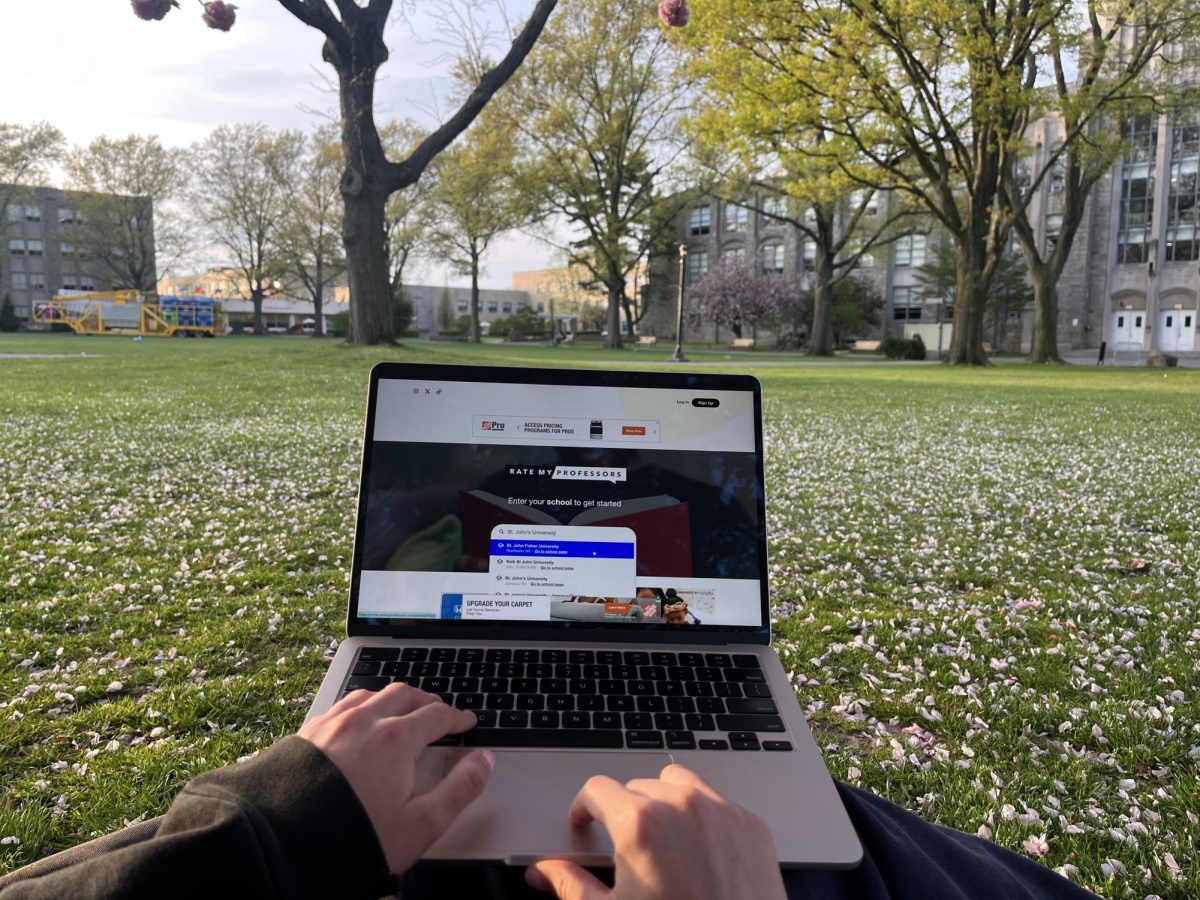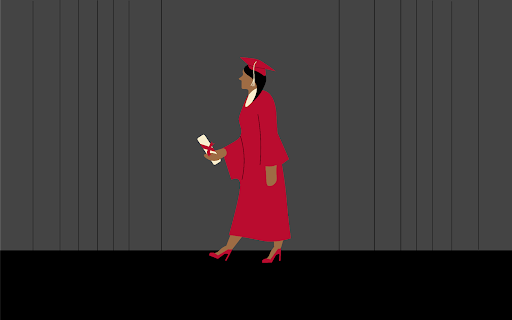Whenever a new semester starts, a communal sigh can be heard around college campuses across the country.
Not only are students saddened that their carefree days of break are gone, but it is time to empty their barely filled wallets, and hand them over to their mortal enemy: the campus bookstore.
Students dread spending hundreds of dollars each semester on required textbooks that they will only use for a few months, and barely get anything back during trade in time.
“I didn’t sell any of my books back because they weren’t worth anything,” said freshman Caite Hurley.
“My most expensive book last semester was about $30 and the bookstore would only give me $2, so it’s not worth it.”
Although most students detest this system, they usually cave in and go to the campus bookstore, where they max out their credit cards. This does not have to be the case anymore, thanks to other alternatives brought by the world wide Web.
One of the most popular way students across the country can purchase textbooks is through E-Bay’s sister site, Half.com.
After creating an account with the Web Site, student’s can search for a specific textbook by entering the title, author, or ISBN number located on the back of the book. Student’s can also unload their books from the previous semester by acting as a seller on the Web site.
Freshmen Kaila Maguire has used Half.com, and has found that it better prices than other textbook suppliers.
“I bought three of my books at half.com and they were all comparatively cheaper than the school bookstore and Amazon.com,” said Maguire.
“My dad is a college professor and he recommends his students to use this Web Site.”
Again, once an account is made, students can list textbooks, in which other students across the country can offer to buy.
After a customer agrees to buy an item, the seller is responsible for shipping out the item within three days.
Buyers and sellers must give personal information to the site, including a credit card number, which is used when products are bought or sold.
Another popular alternative for textbook shopping is browsing Amazon.com for their vast selection of textbooks.
Amazon offers a wide assortment of different types of textbooks, along with study materials, reference guides, periodicals and other school supplies. Students can potentially save even more money when they choose to purchase used copies of textbooks, which can be more the 50 percent of the original selling price.
Freshmen Laura Smyth has experienced this firsthand.
“The bookstore is expensive. The bookstore was offering $100 for a used textbook which I found for $30 on Amazon,” said Smyth.
“It wasn’t in perfect condition but it’s a textbook and that’s not necessary.”
To use Amazon’s services, students must create a user account with the company, which is how transactions can be tracked.
Orders can be tracked through the Web site, along with some opportunities to get a digital peek of the book you are purchasing (only available with some products), with the ‘look inside’ feature.
Another perk for users of Amazon is its super saver shipping, which givers customers free shipping in orders of $25 or greater.
Recently, a new company has been established that does not require students to buy textbooks they know will become useless after the end of the semester.
Instead, the owners of Chegg.com allow students to rent textbooks for a certain amount of days.
Depending on how long the student’s studies lasts, they can rent their textbooks from anywhere between 60 to 125 days. The price of the rental depends on how long the student is borrowing the book from the company.
This idea appeals to students, since most of the time they do not use the textbooks after the class ends.
“Renting textbooks sounds interesting but not this semester since I’ll need them right away,” said Maguire.
“However, the books must be in good condition and you can give it back so it’s convenient.”
According to the Web site, Chegg guarantees students that their books will be in excellent condition, stating that there will be no broken spines, water damage, missing pages, or stains from late night coffee drinkers.
Similar to most Web sites now a days, users must create a free account, which also gives users access to prepaid UPS return shipping labels, for returning books at the end of term.
Users can also sell books to Chegg, or donate them if the book is not in high demand on the Web site.
“Renting books sounds like a good idea, but I like to write in my books,” said Smyth,
“Also, if I change my mind and want to keep the book, I can’t.”
With a little searching, students can save a lot of the money they would normally spend for books, and put it towards other materials for classes.

















